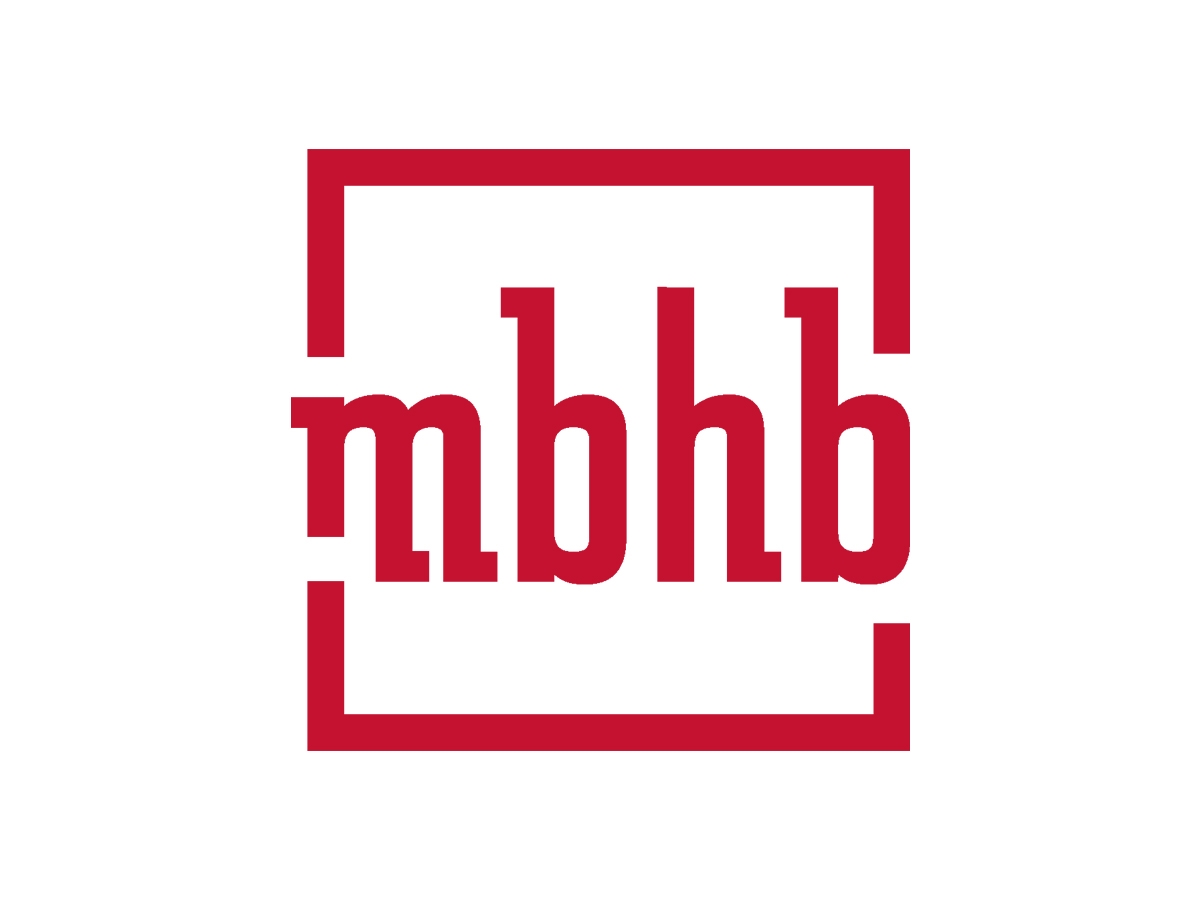Compelling Merits Standard Features in Many of Nearly 14,000 Comments Filed in PTAB Practices ANPRM
“[T]he compelling merits standard is problematic as it adds an additional layer to PTAB case law with a new standard for institution that could nullify Fintiv… [It] also establishes a higher burden on petitioners than the reasonable likelihood standard under the AIA.”
As of the morning of June 20, which was the deadline for public comment on the U.S. Patent and Trademark Office’s (USPTO’s) advanced notice of proposed rulemaking (ANPRM) on Patent Trial and Appeal Board (PTAB) practices, the agency had received nearly 14,000 comments. On either side of the debate, the USPTO’s proposed “compelling merits” standard for circumventing Fintiv discretionary denials generated a great deal of feedback. The following comments from well-known thought leaders and companies encapsulate many of the issues that the USPTO must navigate as it contemplates changes to PTAB practices.
Former WIPO Director General James Pooley: ‘Limitless Gauntlet of PTAB Filings’ Hurts Small Businesses
James Pooley, former Director General of the World Intellectual Property Organization (WIPO), filed a comment in which he noted that the America Invents Act (AIA), the law establishing the PTAB, was heavily influenced by a 2004 National Academies of Sciences report that supported a system of “open review” of patents post-issuance. “Unfortunately, in my view, the legislation as enacted by Congress left open the window for administrative challenges during the entire life of the patent,” Pooley wrote.
Under the current regime, many inventors face a “limitless gauntlet of PTAB filings” throughout the entire life of their patent. While the AIA was sold as a cheap alternative for determining validity, the cumulative costs of PTAB proceedings far outstrip what a patent owner would spend to prove validity in U.S. district court. This system has helped well-resourced companies outspend their smaller competitors to retain their market advantage.
Pooley suggested that the USPTO’s rules should give PTAB judges more leeway in applying the Fintiv factors for discretionary denials. Such reforms would require the USPTO to eliminate the “compelling merits” standard suggested in the ANPRM, which only undermines Fintiv’s force.
Former Federal Circuit Chief Judge Paul Michel: Don’t Force Unnecessary Burdens on Patent Owners
The Honorable Paul R. Michel, former Chief Judge of the U.S. Court of Appeals for the Federal Circuit, filed a comment supporting the USPTO’s actions on the ANPRM, although he opposed the ANPRM’s suggestion that ownership interests in patents should be disclosed to the PTAB. Such an “onerous requirement” increases burdens on patent owners to disclose otherwise confidential information with no specific rationale for why such a disclosure is necessary.
Judge Michel also noted that the compelling merits standard is problematic as it adds an additional layer to PTAB case law with a new standard for institutions that could nullify Fintiv, “which has been beneficial” to the U.S. patent system. He also called for a bright-line rule on Sotera stipulations to minimize the likelihood that the same validity issues are being litigated under different standards at the PTAB, at the U.S. International Trade Commission (ITC) and in U.S. district court. Where the ITC or a district court has previously adjudicated validity, Judge Michel advocated for rules that prevented infringers from circumventing otherwise valid judgments at the PTAB.
Microsoft: Higher Institution Standard and Standing Requirements Contravene AIA’s Intent
Tech titan Microsoft Corporation is a major stakeholder at the USPTO, and its comment notes that the company holds more than 72,000 issued patents and another 19,000 patent applications pending worldwide. Microsoft’s comment doesn’t note that it is also one of the top petitioners at the PTAB, having filed the fifth-most petitions to challenge patent validity during the lifetime of the PTAB.
As a company that makes effective use of the alternative venue for challenging patent validity, “Microsoft has a significant interest in maintaining the review mechanisms” established by the AIA. The software giant notes that the USPTO’s ANPRM flouts Congressional intent behind the AIA in several ways by effectively shortening the statutory deadline to file petitions from one year to six months. The compelling merits standard also establishes a higher burden on petitioners than the reasonable likelihood standard under the AIA.
IBM, Red Hat Agree on Compelling Merits but Support Opposing PTAB Interests
Top patent owning entity IBM and its subsidiary, open cloud firm Red Hat, filed comments supporting opposing aspects of the USPTO’s ANPRM. Both entities agreed that the compelling merits standard contemplated by the ANRPM creates a higher standard for institutions than required by the AIA. However, whereas IBM suggested that the USPTO’s rules should deny petitions that include arguments substantially similar to previous petitions, Red Hat opposed institution denials based on relationships to other PTAB petitioners, as well as preferential treatment for small and micro entities.
The ANPRM was announced in April and includes a proposal that would authorize discretionary denial of inter partes review (IPR) proceedings “to ensure that certain for-profit, non-competitive entities do not use the IPR and PGR processes in ways that do not advance the mission and vision of the USPTO to promote innovation or the intent behind the AIA to improve patent quality and limit unnecessary and counterproductive litigation costs.”
This and other proposals in the ANPRM have been questioned by congress members, who have commented that they should be handling such changes. See our previous report on comments submitted by inventors here.
The USPTO has repeatedly clarified that the ANPRM does not constitute proposed rules. Once comments have been received, the Office will evaluate them to come up with a Notice of Proposed Rulemaking (NPRM), which will represent its official proposals. A Final Rules package will not come until after the 60-day comment period for the NPRM.
Image Source: Deposit Photos
Image ID: 81429376
Author: iqoncept
Steve Brachmann
Steve Brachmann is a graduate of the University at Buffalo School of Law, having earned his Juris Doctor in May 2022 and served as the President of the Intellectual Property […see more]







